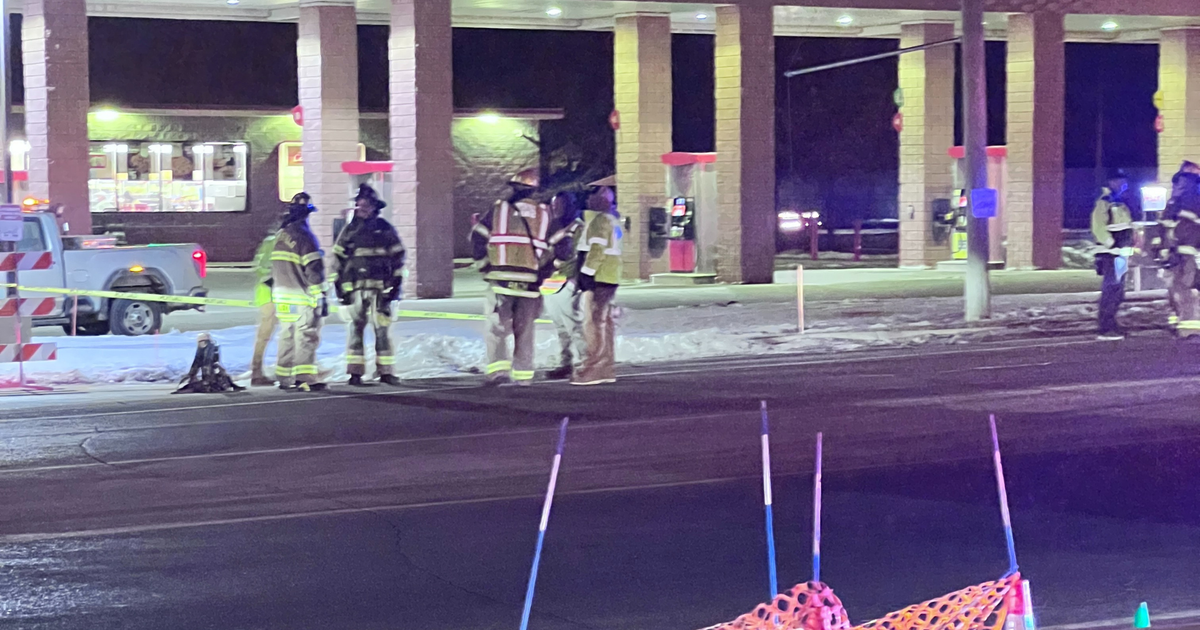Wikileaks: Expert Says Enemy Could've Used Info Manning Disclosed
FORT MEADE, Md. (AP) -- A U.S. military expert on militant Islamism testified Thursday that al-Qaida members could have used the classified information Army Pfc. Bradley Manning disclosed through WikiLeaks to plan attacks on U.S. forces, but said there's no evidence they did.
Navy Cmdr. Youssef Aboul-Enein (ah-BOOL' ah-NYN'), author of the book, "Militant Islamist Ideology," and an adviser at the Pentagon's Defense Combatting Terrorism Center, noted that the leaked information included reports of significant battlefield activities, known as "SIGACTS."
Based upon al-Qaida's previous use of training materials obtained from adversaries, "one can only deduce that out of the thousands of SIGACTs that have been leaked, they could possibly, potentially deduce a pattern of behavior by United States combat forces," Aboul-Enein said.
Al-Qaida members could then create countermeasures and plan ambushes, Aboul-Einen said, testifying as a prosecution witness during Manning's sentencing hearing at Fort Meade, near Baltimore.
The researcher testified on cross-examination that al-Qaida has never claimed any tactical victories because of the information that WikiLeaks began publishing on its website in 2010.
Al-Qaida leaders clearly knew the information was there. The winter 2010 issue of Inspire magazine, published by al-Qaida in the Arabian Peninsula, and an English-language al-Qaida propaganda video released in 2011 urged followers to look at the leaked material on WikiLeaks. Prosecutors produced evidence that al-Qaida leader Osama bin Laden had digital copies of all 90,000 leaked Afghanistan battlefield reports in his possession when he was killed by a Navy SEAL team in May 2011.
Aboul-Enein acknowledged that his testimony was speculative. The military judge, Army Col. Denise Lind, allowed him to testify over strenuous defense objections. She will rule as early as Friday on whether the evidence is admissible.
In previous rulings, Lind has allowed such evidence only if the risk of damage or harm to U.S. interests was directly related to or resulted from Manning's offenses, and if it directly followed the material's publication on WikiLeaks.
Manning, a 25-year-old native of Crescent, Okla., faces up to 90 years in prison for giving more than 700,000 documents and some battlefield video to the anti-secrecy group while working as an intelligence analyst in Iraq in 2010.
Prosecutors could rest their case in the sentencing phase of the court-martial as early as Friday.
(Copyright 2013 by The Associated Press. All Rights Reserved.)







